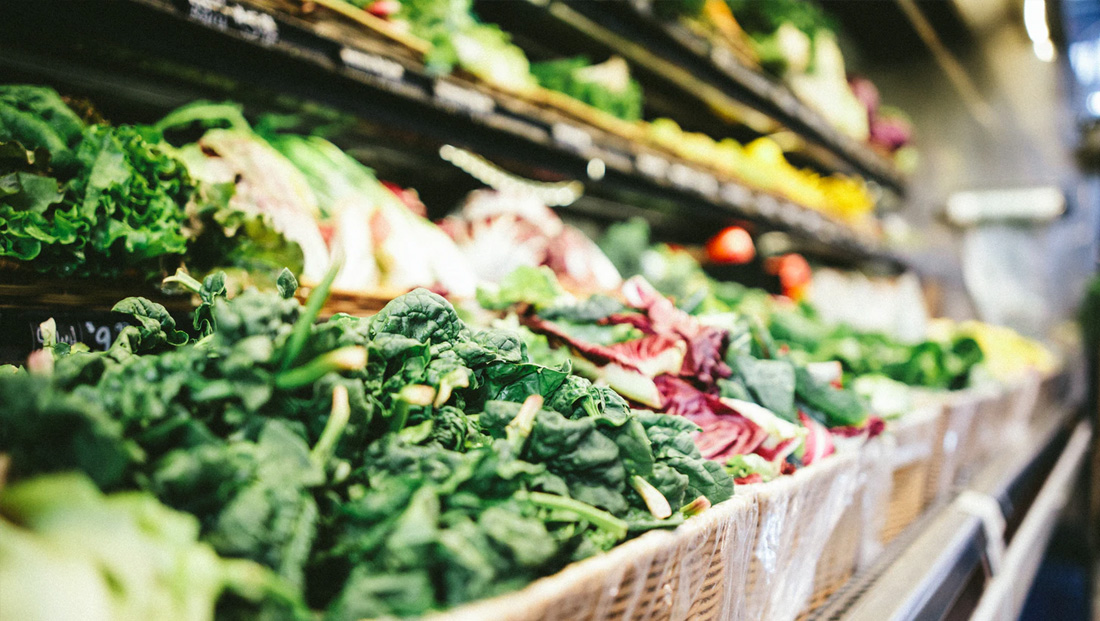Grocery giants Kroger, Albertsons announce $25B deal to combine
By MixDex Article may include affiliate links

Kroger, a mega-grocery chain that already owns over 2,700 stores under various names, announced Friday, Oct. 14, 2022, that it will buy Albertsons.
The deal is estimated at nearly $25 billion and is expected to close in 2024 and would create a giant in the grocery and retail business.
The combined company could employ over 700,000 employees, a figure that would place it in the top five largest corporate employers in the U.S.
Kroger operates stores under the Kroger, Dillons, Baker’s, Gerbes, Food 4 Less, Foods Co., Fred Meyer, Fry’s, Harris Teeter, King Soopers, City Market, JayC, Pay Less, Mariano’s, QFC, Ralphs, Roundy’s, Ruler Foods and Smith’s brands.
It also owns meal kit company Home Chef and a chain of jewelry stores under the Fred Meyer Jewelers, Barclay’s Jewelers and Littman Jewelers names, as well The Little Clinic convenient care chain and Vitacost supplement ecommerce brand.
Albertsons, meanwhile, operates Acme Markets, Albertsons, Albersons Market, Amigos, Andronico’s, Balducci’s, Carrs, Haggen, Jewel-Osco, Kings Food Markets, Lucky, Market Street, Pak ‘n Save, Pavilions, Randalls, Safeway, Shaw’s, Star Market, Tom Thumb, United Supermarkets and Vons brands.
Once combined, the company will span 48 states and the District of Columbia, though there are regions of the country where significant overlap will occur.
The deal still faces regulatory approval and the companies have preemptively announced that they will spin-off close to 400 locations into a standalone brand yet to be determined, including in markets where it would own a significant number of stores.
Kroger and Albertons are currently the first and second largest standalone grocery store chains in the U.S., though Walmart beats Kroger in total retail revenue and Costco outpaces Albertsons.
If the merger completes, it has the potential to reshape the grocery store industry in the U.S.
The combined company could benefit from its buying power to negotiate better wholesale rates, while also giving it numerous ancillary benefits, such as administrative and back-office consolidation, data sharing, combined loyalty programs and more, though plans for these areas were not announced.
The deal comes at a time when inflation is hitting food prices hard, forcing stores to raise prices — up 11.2% over this time in 2021. This hasn’t resulted in more profits, however, because grocery stores are feeling the pinch of a tight labor market and supply chain issues, driving up costs.
While grocery stores have the advantage of being a necessity for most American households, it also operates on often thin profit margins, though many stores have increased profitability by expanding offerings of prepared food, non-grocery items, beauty supplies, pharmacies and other categories that make more money.
The grocery industry is also facing changes triggered by both the COVID-19 pandemic and wider trends in how consumers buy food and other necessities.
Ecommerce has taken a bite out of sales of non-perishable items at retailers across the country.
Grocery stores, including ones owned by both Kroger and Albertsons, have made big investments in delivery — a service that was once thought of as a sort of dot-com era trend. Grocery pickup has also been a key area of attention that broader-scale retailers have also amped up.
Amazon’s acquisition of Whole Foods Markets and launch of Amazon Fresh and Go grocery and convenience store chain are comparatively small in terms of overall market share, but it is grabbing attention through innovative use of technology and synergy between the brands.
Both Kroger and Albertsons also have a significant number of stores that are unionized. Retail and grocery stores typically have low unionization rates.
In its announcement, Kroger noted that the deal would accelerate its position “as a more compelling alternative to larger and non-union competitors.”
Consumer watchdogs, lawmakers and union leaders have already spoken out against the deal, saying it will further reduce competition and threaten collective bargaining and workers’ rights.
There is also concern that the mega-grocery store chain would threaten small to medium sized chains as well as other small businesses whose offerings overlap into grocery chains’.
The FTC has already launched an investigation into anti-competitive practices in the grocery vertical as costs continue to rise and has put out requests for key pricing data from major chains, including Kroger.
Company officials defend the deal as part of an ongoing trend of consolidation that will allow it remain profitable for shareholders.

